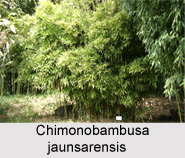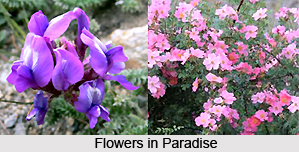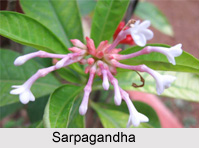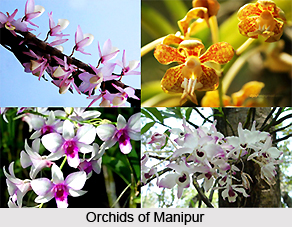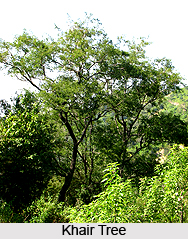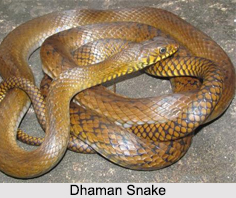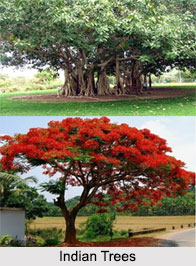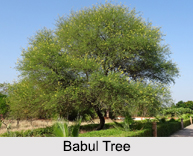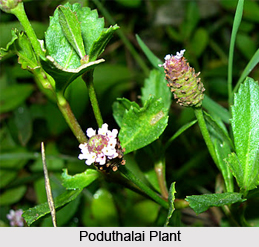 Poduthalai is an annual herb which is very common in the wet habitations of India. The Botanical name of Puduthalai is Phyla nodiflora Greene. Rich and Verbena nodiflora L. There are various other names by which this medicinal plant is known include Ratoliya, Ratuliyo and Ratveliyo in Gujarati, Nela hippali in Kannada, Jalapimpali and Ratoliy in Marathi, Bakan, Bukan, Bhuiokra and Moknaa in Punjabi, Podutalei in Tamil, Bhuiokra in Bengali, Jalapa-pili, Bhuiokra and Lundra in Hindi, Kattuttippali in Malayalam, Bukkan in Oriya, Jalapippali and Vachira in Sanskrit and Bokkena, Bokenaku and Nelaguridi in Telugu.
Poduthalai is an annual herb which is very common in the wet habitations of India. The Botanical name of Puduthalai is Phyla nodiflora Greene. Rich and Verbena nodiflora L. There are various other names by which this medicinal plant is known include Ratoliya, Ratuliyo and Ratveliyo in Gujarati, Nela hippali in Kannada, Jalapimpali and Ratoliy in Marathi, Bakan, Bukan, Bhuiokra and Moknaa in Punjabi, Podutalei in Tamil, Bhuiokra in Bengali, Jalapa-pili, Bhuiokra and Lundra in Hindi, Kattuttippali in Malayalam, Bukkan in Oriya, Jalapippali and Vachira in Sanskrit and Bokkena, Bokenaku and Nelaguridi in Telugu.
Poduthalai is a creeping annual herb which is very often rooting at the nodes, with numerous subquadrangular branches. The leaves of this medicinal plant is opposite, subsessile, 2 to 3.2 centimetres long and 1 to 2 centimetres wide, obovate or spathulate, base cuneate, apex rounded, margins sharply serrate near the apex, appressedly hair on both sides with white hairs. The flowers of this plant are sessile, densely packed in long pedunculate axillary heads that are at first globose, becoming elongate and spicate in fruit; peduncles 2.5 to 7.5 centimetres long; bracts 2.5 millimetres long, elliptic or obovate, shortly acuminate; calyx 2 millimetres long, membranous, deeply 2-lobed, closely enclosing the fruit with 2 acuminate lobes projecting beyond it. The corolla is 2.5 to 3 millimetres long, white or pale pink and 2-lipped. Fruits of Poduthalai are globose-oblong, 1.5 to 2 millimetres in diameter, dry, splitting into two one-seeded glabrous convex pyrenes. Fruits and flowers of this plant are seen almost throughout the year, but chiefly between the months of September and December.
Poduthalai is a common weed which is found in a majority of the subtropical and tropical countries. It is found in wet habitats like rice fields and along irrigation channels, riverbanks and canals almost throughout India at an altitude of 900 meters.
In Ayurveda, Poduthalai is regarded as a cooling, aphrodisiac, astringent to the bowels, vulnerary, stomachic, anthelmintic and alexiteric. It is used in the treatment of diseases of the heart, asthma, blood and eye, bronchitis, loss of consciousness, thirst and to promote in the healing of wounds and ulcers. In Unani, it is regarded as a diuretic and maturant, and used in the treatment of colds and fevers. Poduthalai is also used to treat constipation, ischury and knee-joint pains. A paste or poultice prepared from the fresh plant is used as a suppurant or maturant to heal swollen cervical glands, erysipelas, chronic indolent ulcers and boils. An astringent, bitter infusion prepared from the leaves and tender stalks of this plant is given to children to relieve indigestion and to women following childbirth. The crushed leaves are applied externally over the forehead to relieve headache among the Rabaris in the Barda Hills of Gujarat. The leaves of Poduthalai, ground with garlic, are used to relieve toothache among the tribal inhabitants of southern Andhra Pradesh.
